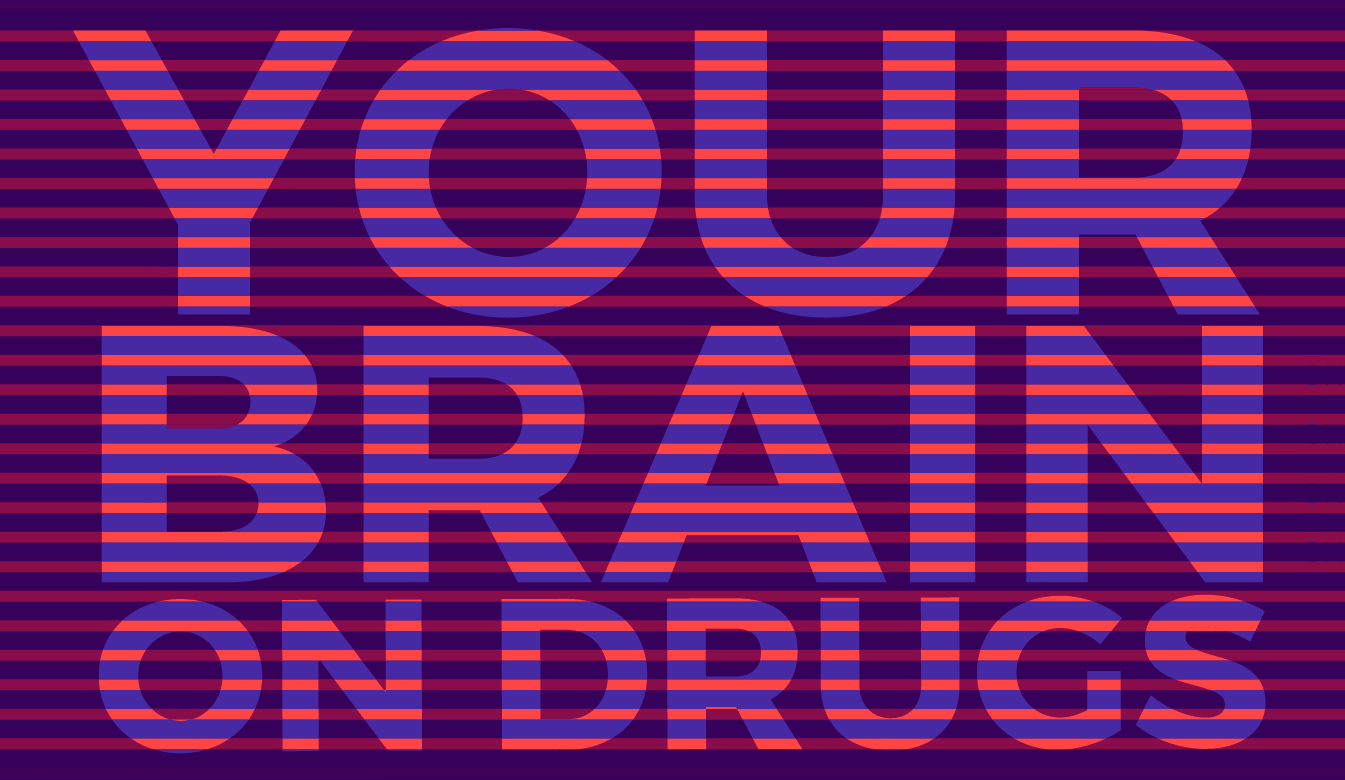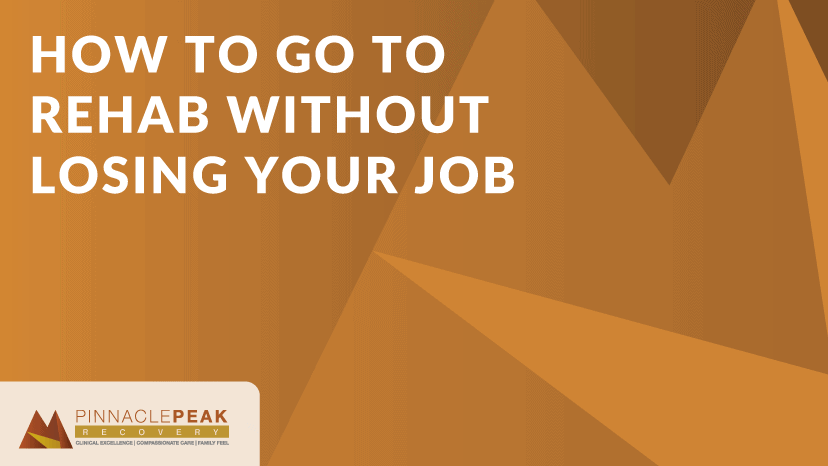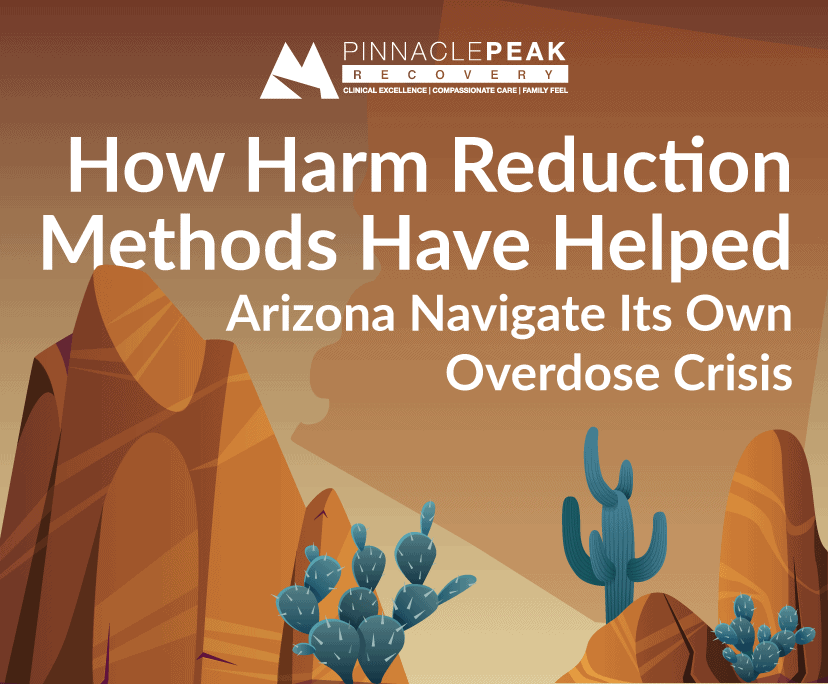Your Brain on Drugs [Infographic]

Many people are familiar with the old advertisements where someone cracks an egg and says, "This is your brain on drugs." However, most people don't truly understand how various drugs impact the brain on both a short and long-term basis. Find out how adult and teenage drug abuse can have a profound impact on the brain and its function.
Your Brain on Meth
Meth can override your brain's normal functions. This means that your brain could signal your body to move, and you won't be able to control it. Meth users might twitch or have tremors that are completely involuntary.
The brain on meth won't be able to think rationally, and it may even see things that aren't there. Common on meth is persecutory delusions, where users think someone or something is trying to get them. Paranoia also develops in hallucinations where users feel like something is crawling under their skin.
Your Brain on Marijuana
Since marijuana is legal at the state level for recreational and medical uses in some states, there’s a common misconception that the drug is harmless. It’s key to understand that marijuana can still absolutely impact your brain.
This is especially true for teens and young people. When the brain is developing, marijuana can cause permanent changes. Most commonly, long-term marijuana use can lead to lower overall IQ scores.
Your Brain on Heroin
Opioid drugs like heroin can drastically change the brain's reward center pathways. Normally, the brain will recognize and enjoy sensations like companionship, love, and food. After heroin use, however, only large amounts of heroin will be able to register in the brain's pleasure center. Dopamine flooding can cause mood and mental health disorders, which in turn require dual diagnosis treatment in the future.
Your Brain on Adderall
Although this prescription is useful when doctors prescribe it, many people who use stimulants like Adderall do so for the ability to focus, function without sleep or lose weight. As the drug arouses the brain, however, it can make relaxing again impossible. Many users then turn to different drugs to relax and get sleep. This creates a cycle where the brain has to be artificially manipulated rather than being allowed to function normally.
Your Brain on LSD
LSD, also known as acid, has a tremendous and immediate effect on the brain. People who use LSD do so specifically for the hallucinogenic side effects. Far from being fun, however, these hallucinations can lead to paranoia, violence and mood swings. A so-called "bad trip" on LSD can cause severe anxiety or even insanity, and some people report feeling incredible physical pain.
Your Brain on Drugs Needs Addiction Treatment
Your brain on drugs is the worst version of your brain. If you’re ready to end a drug addiction completely, consider addiction treatment at Pinnacle Peak Recovery in Scottsdale, Arizona. Call 866-377-4761 to take steps toward sobriety today.



